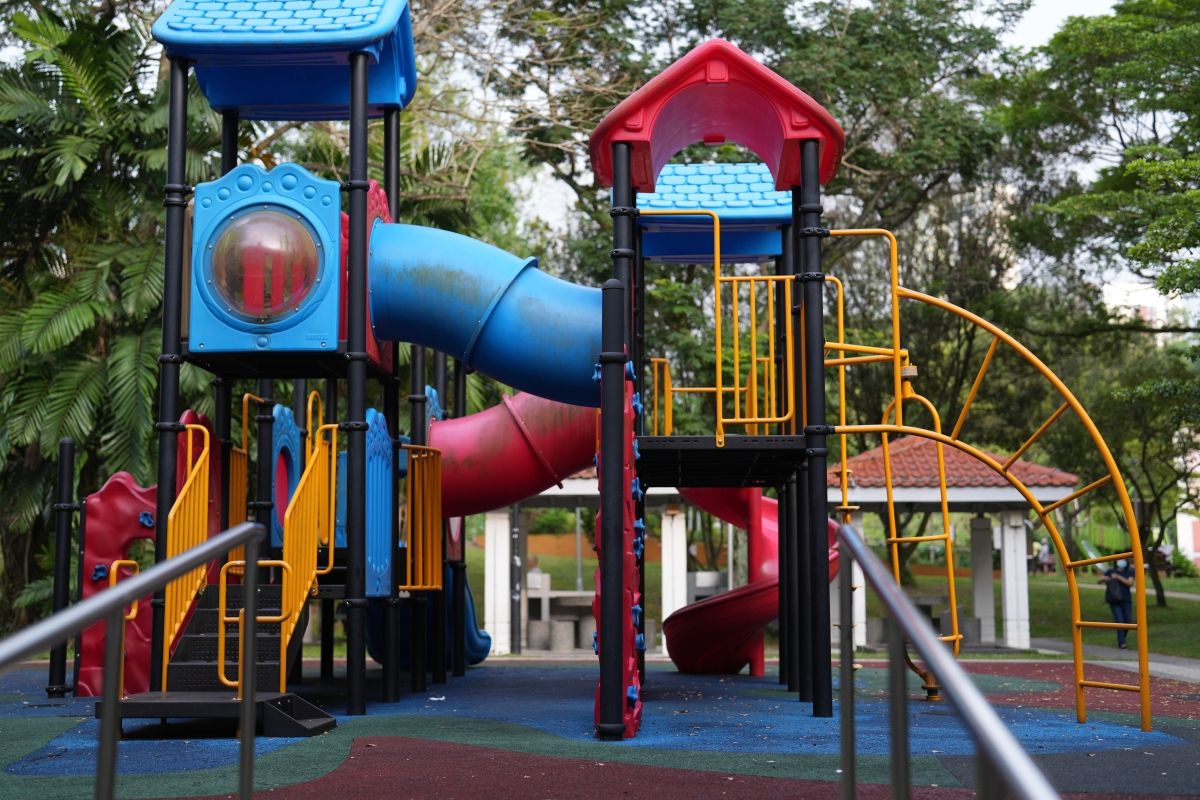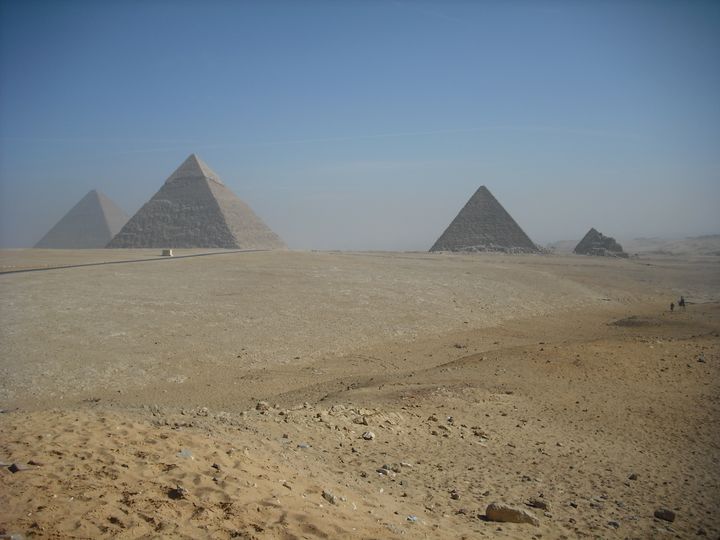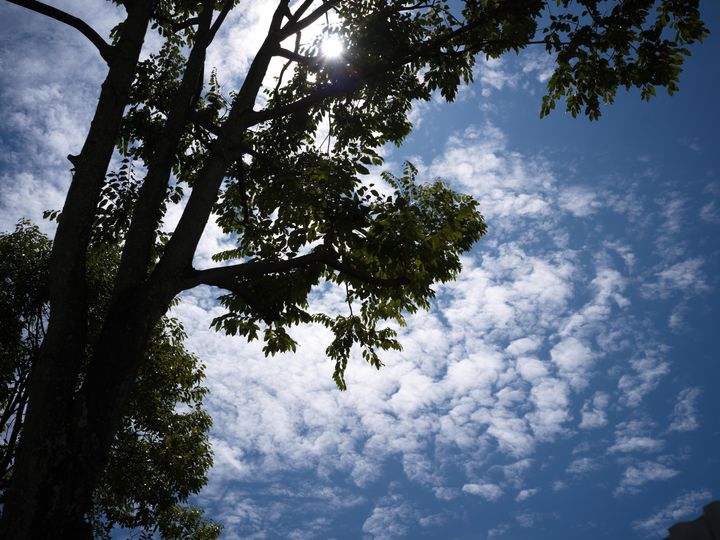QT 16/02/2024 Friday Mark 12. Good vineyards for growth. 善于健康成长的葡萄园

QT 16/02/2024 Friday Mark 12
http://www.esvbible.org/mark12
Jesus' ministry faces full blown opposition. Mark 12:1-12 is so clear to His opponents that they "perceived that he had told the parable against them" (Mark 12:12).
What is this parable? It is similar to Isaiah 5:1-7, about 700 years before, where a loved song turned ugly. The following motifs are reused by Jesus:-
Owner has right over the vineyard (Israel);
The vineyard is supposed to be the owner's delight;
The owner put a wall around the vineyard for protection (Mark 12:1);
He dug a winepress to harvest the grape juice;
The best grapes were planted;
He built a watchtower for security and protection.
Just as the LORD of Isaiah's time "saw bloodshed" instead of "justice", "cries of distress" instead of "righteousness", Jesus' experiences in the supposedly triumphant entry into Jerusalem (Mark 11) are no better. In fact, He faced more "traps" :-
a. "To trap him in his talk" (Mark 12:13);
b. Hypocritical language is used (Mark 12:14-15);
c. More tricky questions came from the Sadducees (Mark 12:18-27).
It's not the beautiful and fruitful vineyard the Owner expected. Even though Jesus praises the wisdom of a teacher of the law (Mark 12:34), He highlights the sacrificial offering of the widow - she gave "all she had to live on" (Mark 12:44) even though many others "threw in large amounts" (Mark 12:41).
REFLECTION (1): Are you keeping close to Jesus, reflecting the one who "did not come to be served, but to serve, and to GIVE HIS LIFE as a ransom for many" (Mark 10:45)?
REFLECTION (2): Are you God's beloved vineyard which yields good fruit?
As you would know by now, God has in the past (Isaiah's time and Mark 13) destroyed His own vineyard, broken down its walls and dismantled the fences.
REFLECTION (3): Are there "justice" and "righteousness" in the words that I say, the sentences that I write and the actions that I live out? Or is there beating (Mark 12:3), striking (Mark 12:4), killing (Mark 12:5) and violence (Mark 12:7-8) be it by acts or by words?
星期四 2024年2月16日 今日读经:马可福音12章。善于健康成长的葡萄园。
http://m.bbintl.org/bible/ncv/Mak/12/
耶稣的传道生涯面临着反对。马可福音12:1-12 记录耶稣的信息,对反对者而言,明明是针对他们的(《马可福音》12:12)。
这个比喻是什么?它类似于大约 700 年前的以赛亚书 5:1-7,在那里,一首心爱的歌变成了丑陋的歌。耶稣重复使用了以下主题:
(1) 园主有权管理葡萄园(以色列);
(2) 葡萄园应该是主人的乐园;
(3) 园主在葡萄园周围筑起围墙,以求保护(马可福音 12:1);
(4) 他挖了一个压酒池,用来收集葡萄汁;
(5) 园主种植了最好的葡萄;
(6) 他建造了一座瞭望塔,以确保安全和保护。
正如以赛亚时代的耶和华 看见都是凶杀案 而不是 "公义",到处都有苦难的呼喊,而不是 "公正"。耶稣这一次进入耶路撒冷(马可福音 11),也有不愉快的场面,面对许多的陷阱:
a. "要陷害他的言语"(马可福音 12:13);
b. 使用虚伪的语言(马可福音 12:14-15);
c. 撒都该人提出了更多棘手的问题(马可福音 12:18-27)。
这不是园主所期望的美丽而多产的葡萄园。尽管耶稣称赞了一位律法师的智慧(马可福音 12:34),祂还是强调了寡妇的牺牲奉献--她奉献了 "自己所有的生活费"(马可福音 12:44),尽管许多人 "也捐了许多"(马可福音 12:41)。
反思 (1): 你是否与耶稣保持密切联系,反映出那 "奉献 "的耶稣?
反思(2): 你是上帝所爱、结出好果子的葡萄园吗?
你现在应该知道,上帝在过去(以赛亚时代和马可福音 13 章)曾毁坏过自己的葡萄园,拆毁了围墙,拆除了篱笆。
思考(3): 我所说的话、我所写的句子、我所做的行为或使用的言语中是否有 "公义 "和 "正义"?还是有殴打(马可福音 12:3)、击打(马可福音 12:4)、杀戮(马可福音 12:5)和暴力(马可福音 12:7-8)?


